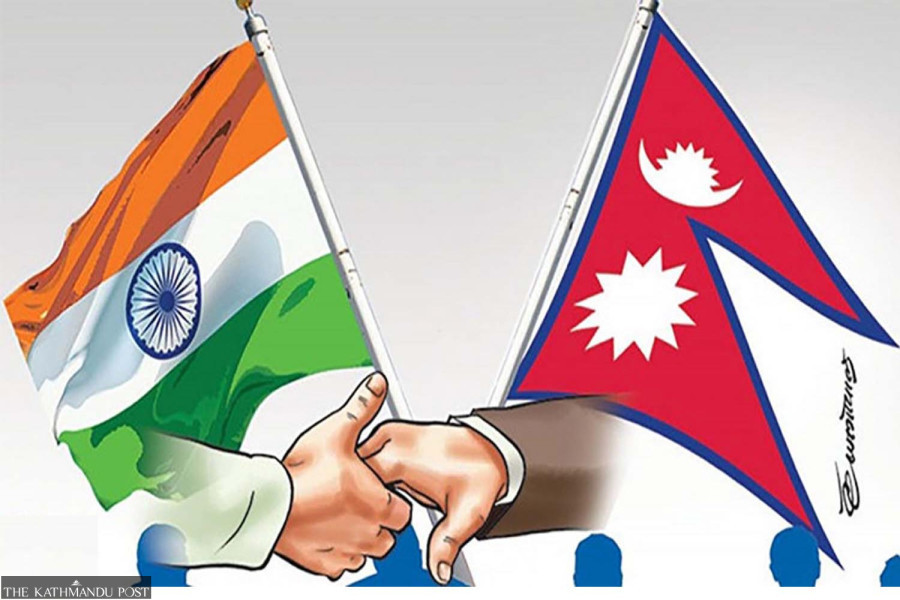National
India allows Nepali visitors to obtain Indian SIM cards
The validity of such mobile connections shall not exceed three months at a time.
Post Report
Nepali nationals, visiting India, will now be able to obtain an Indian SIM card that can be used during their stay in the southern country.
Issuing a statement on Monday, the Indian Ministry of Communications said that citizens of Nepal visiting India would be permitted to access mobile connections in India, given that the individuals provide valid proof of their identity.
The same arrangement has been made in regard to Bhutanese nationals as well.
Citizenship certificate, voter identification card or a limited validity photo-identity certificate issued by the embassy of the respective countries will be accepted as valid proof, the ministry said.
However, if a Nepali or Bhutanese national enters India from a country other than that of their origin, they must provide a copy of their passport with a valid visa.
“In case of a citizen of Nepal or Bhutan entering into India from a place other than their respective origin countries, then he/she shall have to provide the copy of Passport along with valid visa stamp,” the statement reads.
The validity of mobile connection shall not exceed the maximum time permitted to them [citizens of Nepal and Bhutan] to remain in India or the validity of the visa, the ministry added.
“In addition to this, the validity of such connections shall also not exceed 3 months at a time even if the maximum time permitted to remain in India or validity of visa is beyond 3 months,” the statement further reads.
No international roaming shall be permitted on mobile connections provided to such visitors.
Meanwhile, Nepali Ambassador to India Shankar Prasad Sharma has described the Indian government’s decision as ‘great news’.
“Citizens of Nepal were denied a SIM card earlier due to technical reasons,” he wrote on his X account on Tuesday.
The ambassador said Nepal’s request to this effect was processed quickly by the Ministry of External Affairs and the Ministry of Communications of India.




 9.7°C Kathmandu
9.7°C Kathmandu













